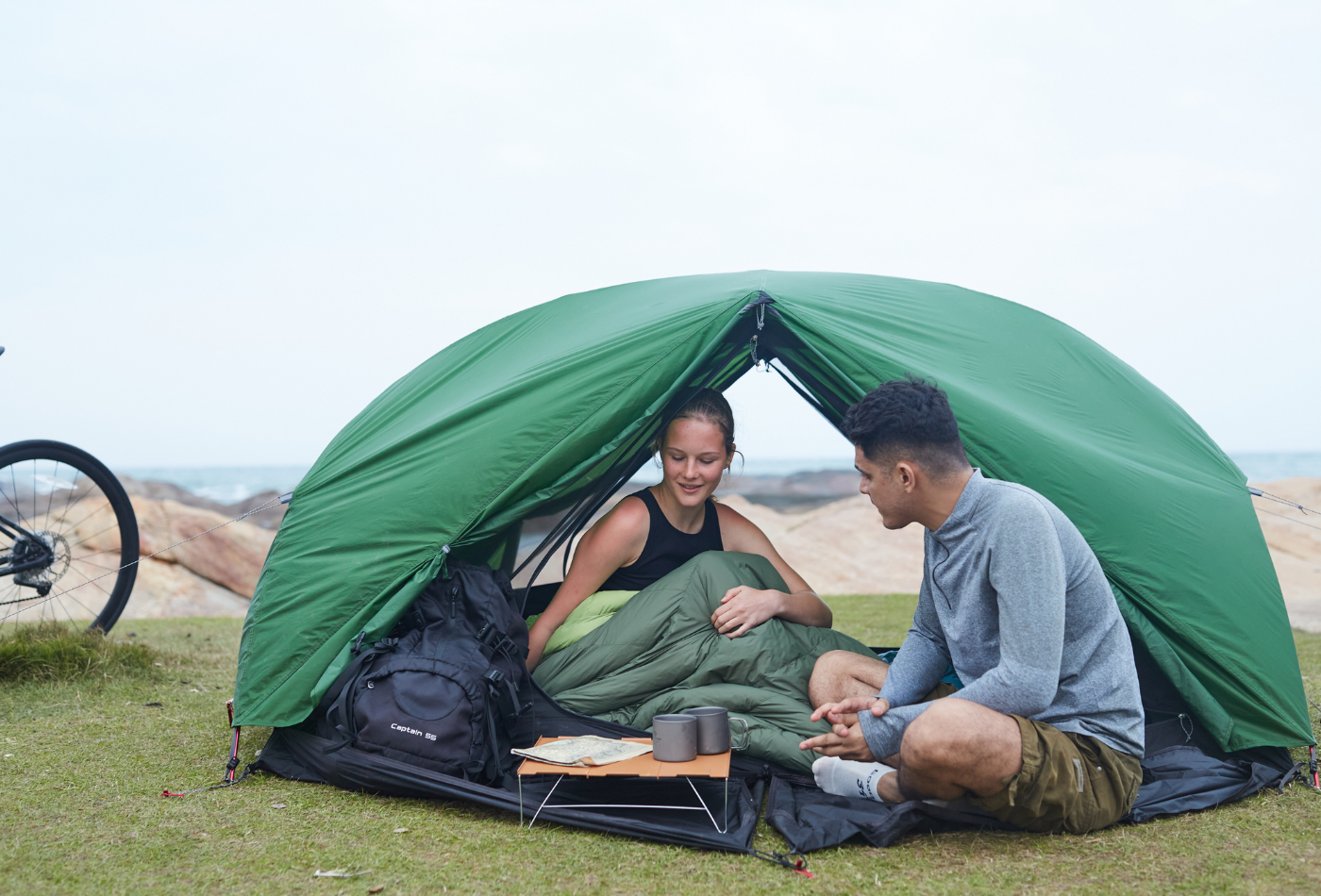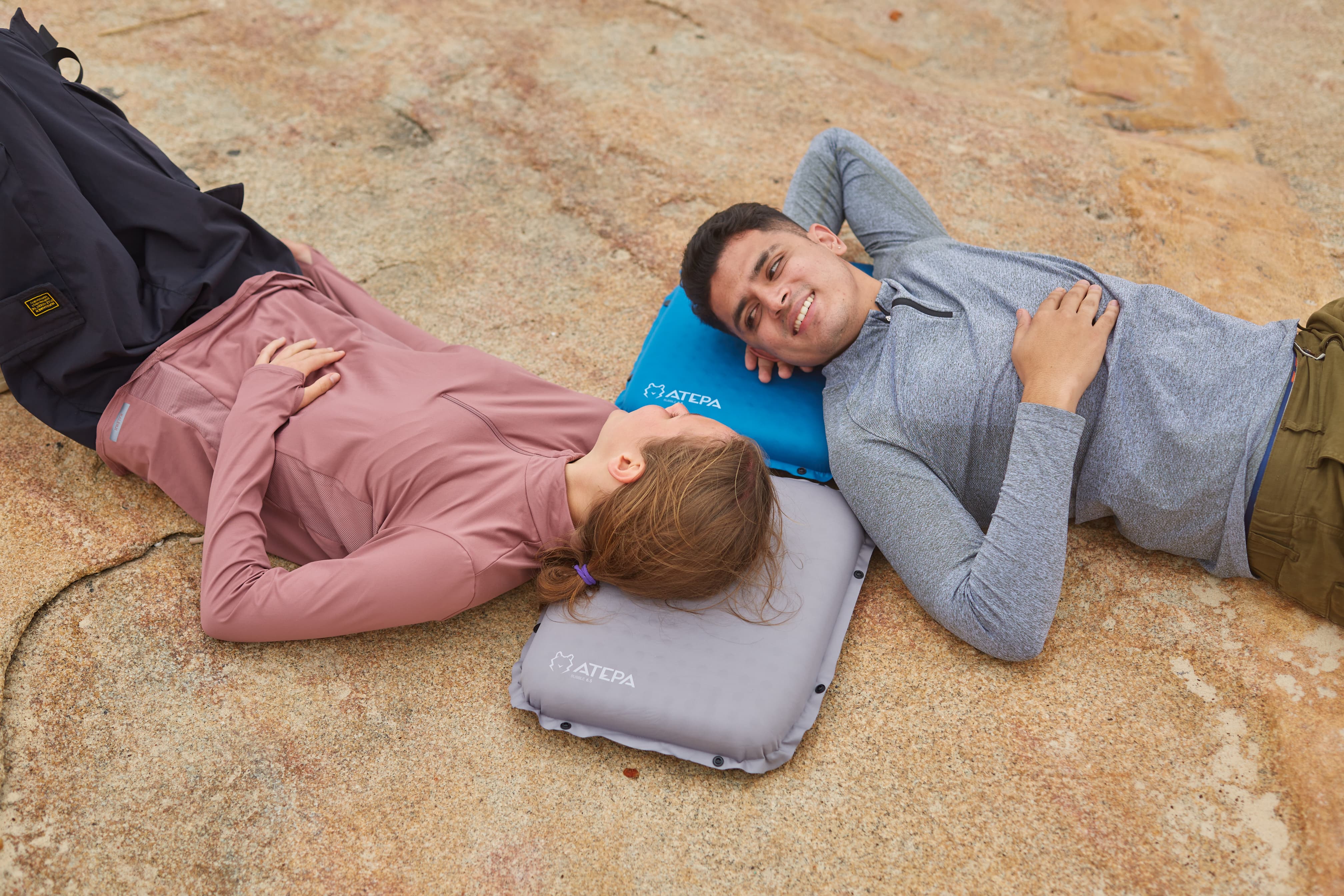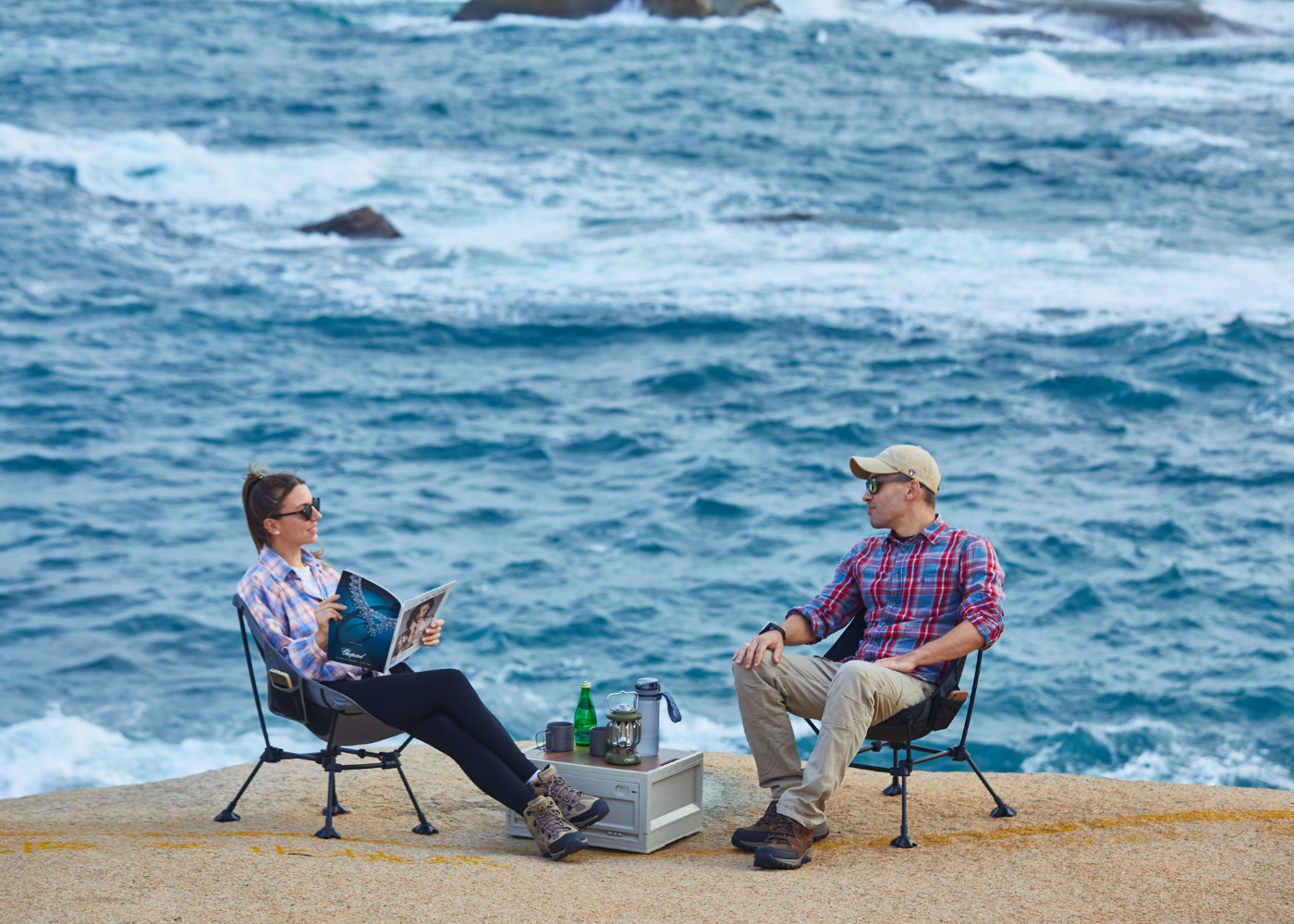Lorsque les jours rallongent et que l'appel des sentiers se fait plus pressant, le printemps et l'été sont des saisons idéales pour les aventures en plein air. Que vous campiez en voiture sous les étoiles ou que vous vous enfonciez dans l'arrière-pays, un sac de couchage léger peut faire toute la différence entre une nuit reposante et une nuit difficile.

Pourquoi opter pour un modèle léger ?
Porter un sac de couchage lourd peut s'avérer fastidieux, surtout lors de longues randonnées ou pour limiter le poids de son sac. C'est là que les sacs de couchage légers prennent tout leur sens. De nombreux modèles haut de gamme pèsent aujourd'hui entre 1,1 et 1,5 kg (2,4 à 3,3 lb) , offrant chaleur et confort sans encombrement excessif. Pour les randonneurs ultra-légers, des modèles de moins de 1 kg sont même disponibles, ce qui les place dans la catégorie des sacs de couchage ultra-légers .

Principales caractéristiques à rechercher
1. Rapport chaleur/poids :
Les nuits de printemps et d'été peuvent encore être fraîches, surtout en altitude. Privilégiez un sac dont la valeur R optimale, ou la température, se situe entre 5 et 15 °C (40 et 60 °F) . L'isolation en duvet offre généralement un meilleur rapport chaleur/poids que celle en synthétique.
2. Capacité de rangement :
Un bon sac de couchage ultraléger doit être compact. De nombreux modèles modernes sont équipés de sacs de compression qui se glissent facilement dans des sacs à dos ou des petits sacs de trekking.
3. Matériaux et construction :
Le nylon ripstop, les revêtements imperméables et les doublures respirantes vous protègent de la rosée, de la pluie fine ou de la condensation à l'intérieur d'une tente. Certains des meilleurs sacs de couchage sont également équipés de cols coupe-vent, de protège-fermetures éclair et de capuches ergonomiques.
4. Coupe et forme :
Les sacs de couchage momie sont plus légers et retiennent mieux la chaleur, tandis que les modèles rectangulaires offrent plus d'espace de mouvement. Certains sacs de couchage légers proposent désormais des modèles hybrides pour vous offrir le meilleur des deux mondes.

Meilleurs scénarios d'utilisation
Camping en voiture : le poids n'est pas un problème, privilégiez donc le confort et l'espace.
Randonnée : recherchez le meilleur sac de couchage ultraléger de moins de 1,5 kg qui se comprime peu et offre une isolation solide.
Bikepacking ou voyage minimaliste : optez pour des modèles compacts qui pèsent plus près de 1 kg (2,2 lb).
Randonnée par temps chaud : envisagez des sacs de type couette ou des sacs de couchage avec des fermetures éclair complètes pour la ventilation.

Conseils finaux
Vérifiez toujours la température nominale de votre sac de couchage et adaptez-la à votre destination.
Associez votre sac à un matelas de couchage léger pour une isolation supplémentaire du sol.

Une bonne nuit de sommeil commence par un équipement adapté. Que vous soyez en randonnée ou en camping au bord d'un lac, choisir le meilleur sac de couchage léger vous assure un confort optimal pour débuter et terminer votre aventure.




Laisser un commentaire
Tous les commentaires sont modérés avant d'être publiés.
Ce site est protégé par hCaptcha, et la Politique de confidentialité et les Conditions de service de hCaptcha s’appliquent.